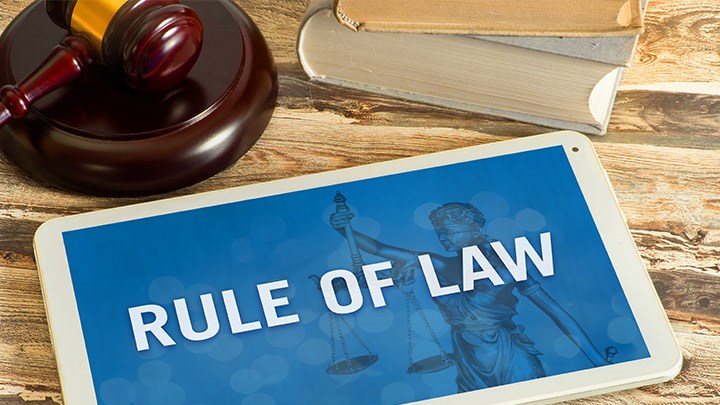Rule of Law

Rule of law, uncontroversially perceived as a good thing, is often used with less precise definition of what it actually is.
In 2021 a series of webinars were organized by researchers at Juridicum with international guest presenters. It has been noted that the understanding of the rule of law differed, depending on legal backgrounds, which spanned several different areas of law, such as procedural law, criminal law, tax law, public international law and private law. Those seminars sparked curiosity and it was decided to deepen the reality check on the rule of law – is the rule of law, as it is traditionally defined and protected by the law, fit for contemporary challenges? The aim is to lay the foundation for a research project where the rule of law is evaluated with regard to the challenges in today’s society such as pandemics, the changed world situation due to the war in Ukraine and digitalization and increased datafication of human activities. The project includes defining the rule of law, exploring the boundaries as well as linkages between domestic rule of law (DROL) and international rule of law (IROL). Internationally States agree that the rule of law is meant to operate in national systems: Domestic courts may well be the key components also in the protection of the international rule of law. Thus, international and domestic rule of law are not irreconcilable; they should be seen as fundamentally interdependent. This interdependence is yet another issue worth exploring.
The aim of this research is to examine whether and to what extent these systems match today's challenges, and if and how rule of law needs to be redefined to become so robust and reliable as we explicitly or implicitly expect it to be.
